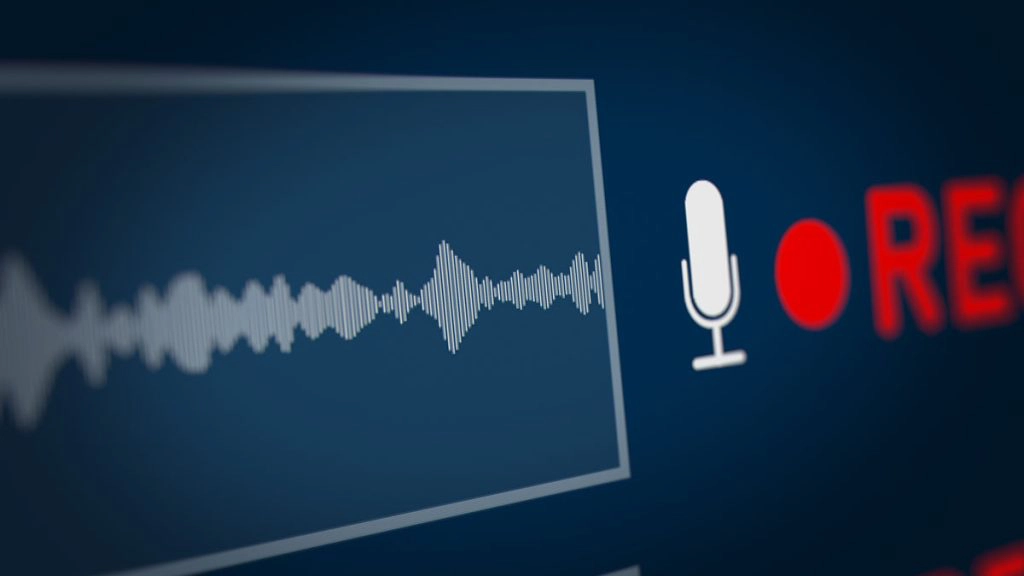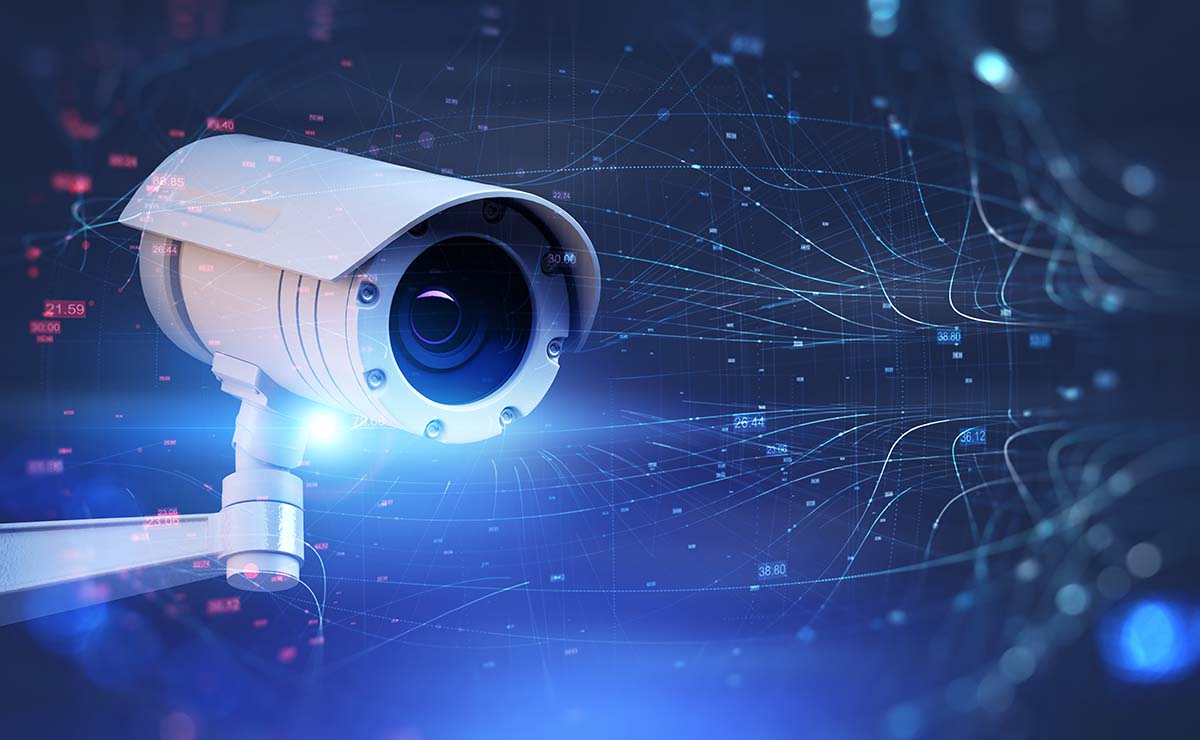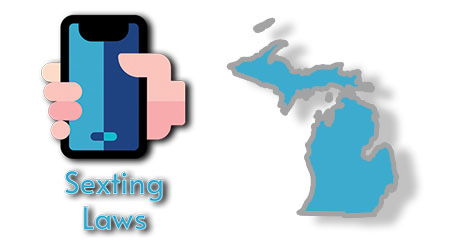- Quick Answer
- Understanding Michigan's Unique Legal Situation
- Recording Phone Calls in Michigan
- Recording In-Person Conversations
- Michigan Video Recording Laws
- Recording in the Workplace
- Recording Police in Michigan
- Penalties for Illegal Recording in Michigan
- Frequently Asked Questions
- Is Michigan a one-party or two-party consent state?
- Can I record a conversation I'm part of in Michigan?
- Can I record a phone call in Michigan?
- Can a third party record my conversation in Michigan?
- What are the penalties for illegal eavesdropping in Michigan?
- Can I record my employer in Michigan?
- Can I record police in Michigan?
- Should I still get consent in Michigan?
- Related Michigan Laws
- Sources and Legal References
- Two-Party Consent States Reference
Last Updated: January 2026 | Verified against current Michigan Compiled Laws
Quick Answer

Michigan has one of the most legally ambiguous recording laws in the country. The statute (MCL 750.539c) technically requires all-party consent, but Michigan courts have interpreted it to allow participant recording without consent from others. This means if you’re a party to a conversation, you can likely record it – but if you’re a third party eavesdropping, you cannot. The Michigan Supreme Court has not definitively resolved this issue.
Michigan Recording Law Summary 
| Key Point | Answer |
|---|---|
| Consent Type | All-Party (but participant exception exists) |
| Can you record your own calls? | Likely yes (per Sullivan v. Gray) |
| Must you inform others? | No (if participant), Yes (if third party) |
| Key Statute | MCL 750.539c |
| Key Case | Sullivan v. Gray (1982) |
| Eavesdropping Penalty | Felony: up to 2 years prison, $2,000 fine |
| Disclosure Penalty | Felony: up to 5 years prison, $5,000 fine |
Understanding Michigan’s Unique Legal Situation
The Legal Ambiguity
Michigan presents a unique situation in recording law:
- The statute (MCL 750.539c) prohibits eavesdropping without consent of “all parties”
- The court interpretation (Sullivan v. Gray) says participants can record their own conversations
- The result: De facto one-party consent for participants, but two-party consent for third parties
The Sullivan v. Gray Decision
In Sullivan v. Gray (1982), the Michigan Court of Appeals ruled that:
- The statute defines “eavesdrop” as recording “the private discourse of others“
- If you’re a participant in the conversation, it’s not the discourse of “others” – it’s yours too
- Therefore, participants can record without consent from other parties
- The “all parties” consent requirement only applies to third-party eavesdroppers
Ongoing Uncertainty
Despite Sullivan, there is legal uncertainty:
- The Michigan Supreme Court has never definitively ruled on this interpretation
- A federal court (AFT Michigan v. Project Veritas, 2019) declined to follow Sullivan
- Some legal experts recommend obtaining consent to be safe
The Legal Foundation
Michigan’s recording laws are found in:
- MCL 750.539c – Eavesdropping upon private conversation
- MCL 750.539a – Definitions
- MCL 750.539d – Installation of devices
- MCL 750.539e – Divulging eavesdropped information
Recording Phone Calls in Michigan

Can You Record Phone Calls in Michigan?
Based on the Sullivan v. Gray interpretation:
- If you’re a participant: You can likely record the call without informing others
- If you’re a third party: You need consent from all parties
However, given the legal uncertainty, the safest approach is still to disclose that you’re recording.
Recording Calls Across State Lines
When calling between Michigan and other states:
- If the other state requires all-party consent, follow their rules
- Courts may apply the stricter standard when states conflict
- Always consider disclosing recording to avoid liability
Business Call Recording
Michigan businesses should still provide notification when recording calls, both for legal protection and best practices:
- Announce that calls may be recorded
- Document consent procedures
- Train employees on proper handling
Recording In-Person Conversations

When Is Recording Legal?
- When you’re a participant – Based on Sullivan v. Gray
- In public spaces – Where there’s no reasonable expectation of privacy
- When all parties consent – Always legal
When Is Recording Illegal?
- Third-party eavesdropping – Recording conversations you’re not part of
- Using devices to intercept communications of others
- Recording in private spaces where you have no legitimate access
The Participant Exception in Practice
The court in Sullivan reasoned that unless a participant explicitly says something is “off the record,” it’s reasonable to expect the conversation may be repeated or recorded. However, this interpretation has not been tested in all circumstances.
Michigan Video Recording Laws

Video Surveillance
Michigan law (MCL 750.539d) separately addresses surveillance devices:
- Silent video in public is generally permitted
- Video with audio falls under the eavesdropping statute
- Hidden cameras in private areas are prohibited
Surveillance in Private Places
It is illegal to install or place an eavesdropping device in any private place without consent of the person or persons entitled to privacy in that place.
Recording in the Workplace
Can You Record at Work in Michigan?
Based on the Sullivan interpretation:
- As a participant in workplace conversations, you may record
- However, company policies may prohibit recording
- Violating company policy can result in termination
The safest approach is still to inform others if you’re recording, especially in sensitive workplace situations.
Employer Monitoring
Employers may monitor workplace communications with proper notice to employees. Employee consent is typically obtained through employment agreements.
Recording Police in Michigan
Can You Record Police Officers in Michigan?
Yes. The First Amendment protects your right to record police officers performing their duties in public. Based on Sullivan, if you’re a party to an interaction with police, you can record it. For recording from a distance (as a third party), the law is less clear, but First Amendment protections generally apply to recording public police activity.
Recording Public Meetings
Michigan’s Open Meetings Act supports public access to government meetings. Recording at public meetings is generally permitted.
Penalties for Illegal Recording in Michigan
Criminal Penalties
| Offense | Classification | Maximum Penalty |
|---|---|---|
| Eavesdropping (MCL 750.539c) | Felony | 2 years prison, $2,000 fine |
| Installing eavesdropping device (MCL 750.539d) | Felony | 2 years prison, $2,000 fine |
| Divulging eavesdropped info (MCL 750.539e) | Felony | 5 years prison, $5,000 fine |
Civil Liability
Victims of illegal eavesdropping may sue for:
- Actual damages
- Punitive damages
- Reasonable attorney’s fees
- Injunctive relief
Frequently Asked Questions

Is Michigan a one-party or two-party consent state?
Both, in a sense. The statute requires all-party consent, but court interpretation (Sullivan v. Gray) allows participants to record without consent from others. Third parties cannot eavesdrop without consent.
Can I record a conversation I’m part of in Michigan?
Likely yes. Based on Sullivan v. Gray, participants can record their own conversations. However, this hasn’t been definitively resolved by the Michigan Supreme Court.
Can I record a phone call in Michigan?
If you’re a participant, probably yes under Sullivan. For maximum legal protection, consider disclosing that you’re recording.
Can a third party record my conversation in Michigan?
No. The statute clearly prohibits third parties from eavesdropping without consent from all parties.
What are the penalties for illegal eavesdropping in Michigan?
Eavesdropping is a felony with up to 2 years in prison and $2,000 fine. Divulging eavesdropped information carries up to 5 years and $5,000.
Can I record my employer in Michigan?
Probably, as a participant under Sullivan. But company policies may prohibit it, and violating policy can result in termination.
Can I record police in Michigan?
Yes. Recording police in public is protected by the First Amendment, and as a participant under Sullivan.
Should I still get consent in Michigan?
Getting consent is always the safest approach, especially given that the Michigan Supreme Court hasn’t definitively resolved the participant exception issue.
Related Michigan Laws
- Michigan Whistleblower Laws
- Michigan Hit and Run Laws
- Michigan Sexting Laws
- Michigan Child Support Laws
Sources and Legal References
| Source | Link |
|---|---|
| MCL 750.539c | Michigan Legislature |
| Sullivan v. Gray (1982) | Justia |
| Reporters Committee – Michigan | rcfp.org |
Disclaimer: This information is provided for educational purposes and should not be considered legal advice. Michigan’s recording law has significant legal uncertainty due to conflicting court interpretations. If you have questions about recording in Michigan, consult with a licensed Michigan attorney.
Two-Party Consent States Reference
Michigan is listed among two-party consent states due to its statutory language, though court interpretation has created a practical participant exception.
| State | Key Statute |
|---|---|
| California | Cal. Penal Code § 632 |
| Connecticut* | Conn. Gen. Stat. § 52-570d |
| Delaware* | 11 Del. C. § 1335 / § 2402 |
| Florida | Fla. Stat. § 934.03 |
| Illinois | 720 ILCS 5/14-2 |
| Maryland | Md. Code, Cts. & Jud. Proc. § 10-402 |
| Massachusetts | Mass. Gen. Laws ch. 272, § 99 |
| Michigan* | MCL 750.539c |
| Montana | Mont. Code Ann. § 45-8-213 |
| New Hampshire | N.H. Rev. Stat. Ann. § 570-A:2 |
| Oregon | Or. Rev. Stat. § 165.540 |
| Pennsylvania | 18 Pa. C.S. § 5703 |
| Washington | Wash. Rev. Code § 9.73.030 |
*Connecticut has different rules for phone vs. in-person. Delaware has conflicting statutes. Michigan courts have created a participant exception through case law.
One-Party Consent States
Most other states follow one-party consent rules. See our One-Party Consent States Guide for details.
